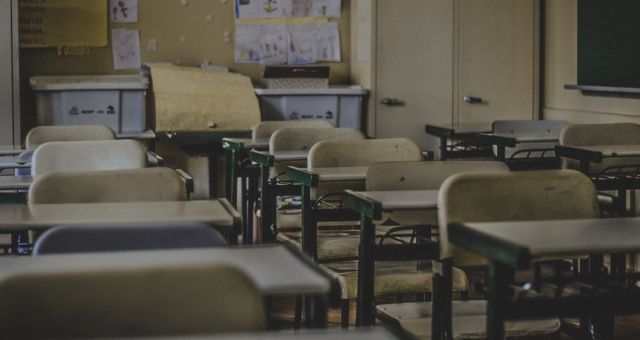
The Books I Read in High School
What follows is a list of the books I read in high school:
- Great Expectations by Charles Dickens (freshman year)
Oh, and we read a Shakespeare each year. If memory serves correctly, it went Romeo & Juliet, Julius Caesar, Hamlet, and finally Macbeth. Toss in a cursory reading in English class of A Midsummer Night’s Dream because the theatre department produced it that year, and you’ve got an approximate list of the reading required to graduate from my high school. There was also one book assigned my sophomore year, which I swear to you I read, but of which I remember neither the title, the author, nor a single detail of the plot.
That’s three books and five plays over the course of four years. As an impatient and lazy high schooler, I thought it was great that we had so little required reading in our English classes. More time to read stuff I cared about, like Redwall and the modern plays my theatre teacher recommended us. More time, too, for things like video games, dating, cigarettes, and aimless drives to diners at 3:00 am. It was great to be a kid and to worry little about English homework.
Yet, I sometimes feel cheated. As someone who loves to read now, I find myself lagging in conversations with other readers who went to better-funded schools when it comes to talking the classics of high school curricula—Catcher in the Rye, Lord of the Flies, Animal Farm, To Kill a Mockingbird, Frankenstein, and so on.
I look at lists like Popular High School Reading on Goodreads and realize I have read staggeringly few of these titles. The ones I have read have almost exclusively been on my own time, with the exceptions of Fitzgerald, Shakespeare, and Dickens mentioned above.
There are many problems with the traditional western canon. (Notice how I’ve listed about a dozen common high school reads and not a single one of them is by a person of color?) However, my reading gaps highlight how my high school failed to introduce me to literature in any significant way. Even if the canon was the more diverse version of itself that it deserves to be, there is a problem of exposure here. No matter what the books in the western canon are, it’s meaningless if people are not afforded the opportunities to engage with them.
To be fair, I don’t blame my teachers, or even my high school in particular. New Jersey has a long history of public school funding woes, and the rest of the United States is in pretty bad shape too, especially in low income school districts. The problem runs deeper than the efforts (or lack thereof) of any one particular teacher, school, or district. It is a structural problem, borne of my country’s skewed economic priorities.
It goes beyond reading, too. Americans struggle with writing, mathematics, learning languages besides English, and infamously, identifying countries with whom we’re at war on a map. Is there any way to describe these intersecting phenomena other than a failure of our public education system?
Look, I ended up fine in the long run with regard to reading. I write for Book Riot, after all. You know what I can’t do without scraping the deepest corners of my memory for clues, or Googling? Basic algebra. Recall important dates in history, and often important historical figures. And shamefully, I’m barely confident in my ability to identify U.S. states on an unlabeled map, let alone other countries.
I’m not unintelligent, nor is anyone I know. (Intelligence is a myth anyway, but that’s a subject for another time.) What I am, and what the vast majority of people I know are, is a product of an education system that failed to educate. The primary reason I still care about reading is because I was already invested in it by the time I started school. And still, there are gaps in my knowledge that I feel should have been filled over a decade ago. The books I read in high school (and moreover the many, many books I did not read in high school) are a stand-in for a larger problem.
While I do my best to educate myself, I can’t help but feel an intense frustration at the fact that I need to spend significant time and energy in my adult life making up for what the education system in my country—that which my parents’ taxes paid for, and which I now fund by paying my own taxes—failed to do.
If my parents had paid a private instructor to teach me the standard high school canon and said instructor simply…didn’t, my folks would’ve had grounds to take the instructor to small claims court, or at the very least leave them a bad review online. No such accountability exists for the United States government and its unilateral failure to educate.
There’s this pipe dream some of us bleeding American hearts have, in which our country stops building $400 billion stealth jets that can’t fly, and instead prioritizes better educating its populace. It’s hard to imagine a reality in which this happens. But hey, we’re in an election year, and some candidates are using that exact promise as a stumping point.
Maybe one day, after my nieces have graduated high school and become adults, they can show me Azerbaijan and Oklahoma on a map, we can talk about the newly defined and more diverse curriculum of authors they’ve read, and I can marvel at how much things have changed.











